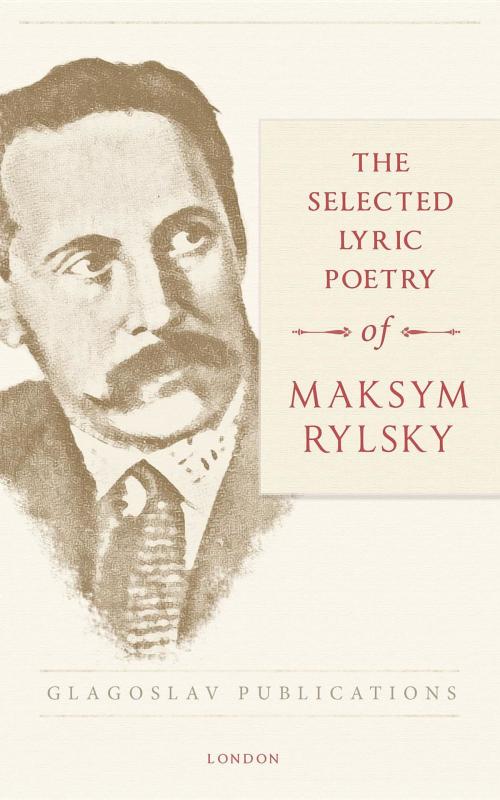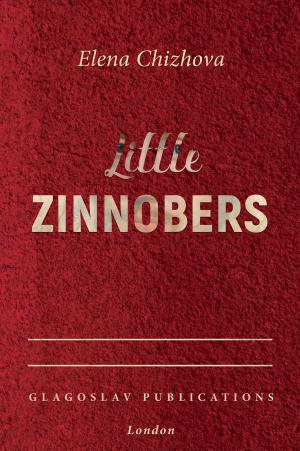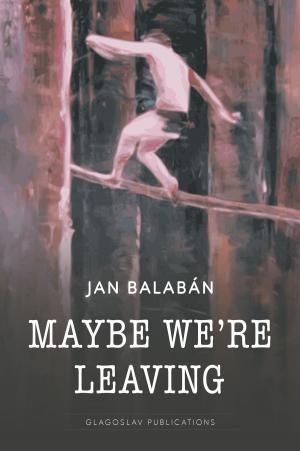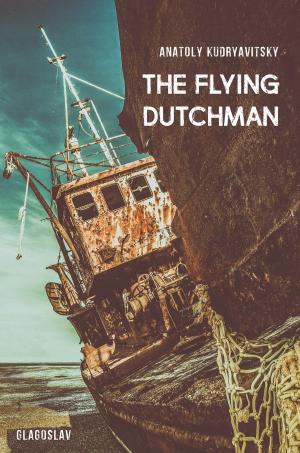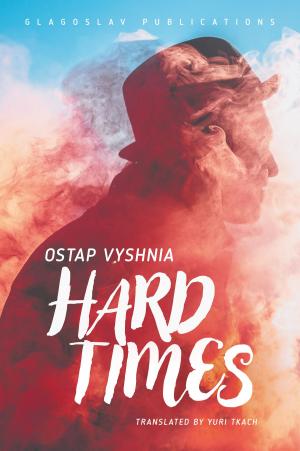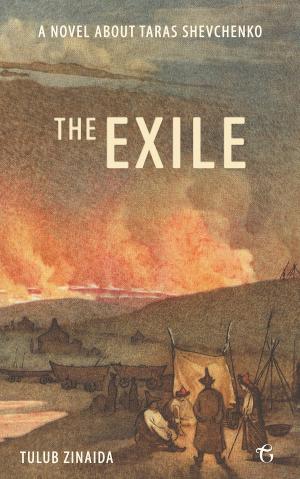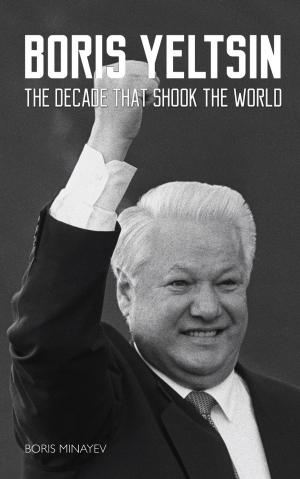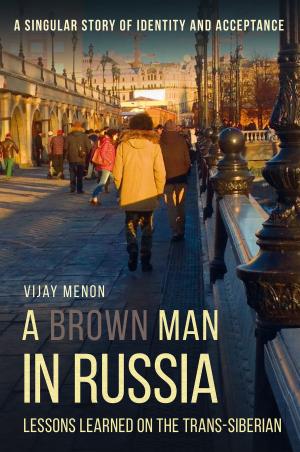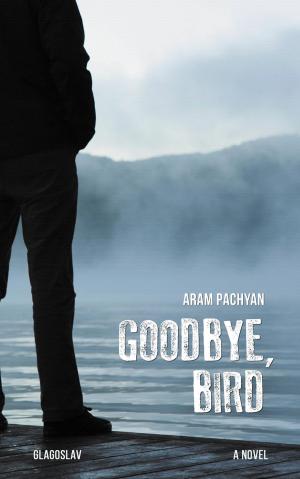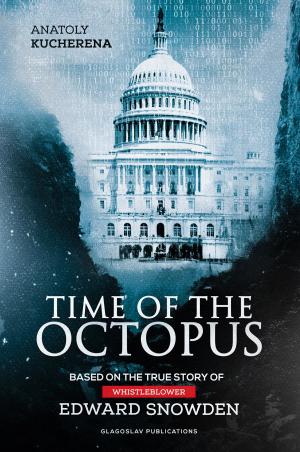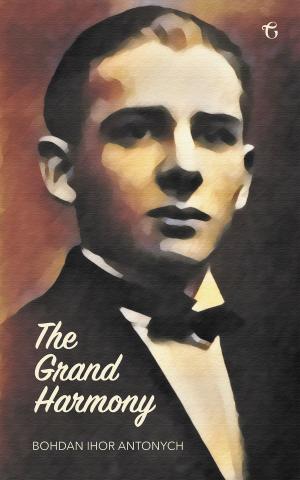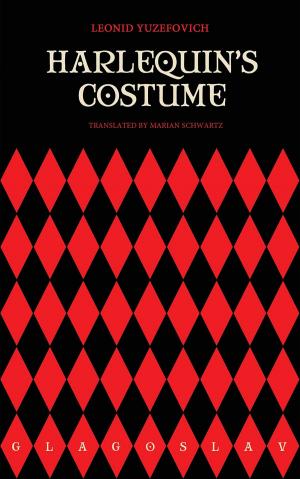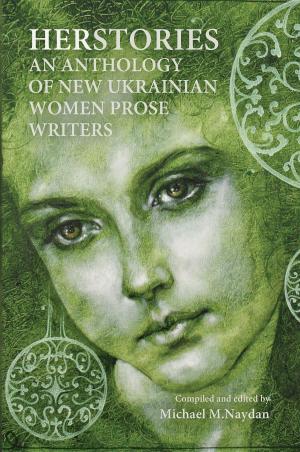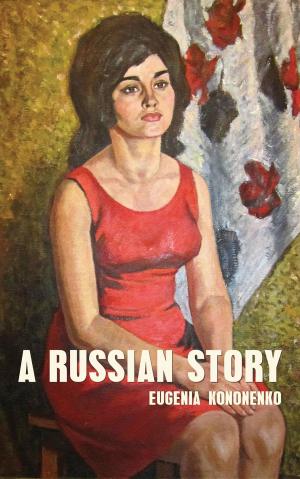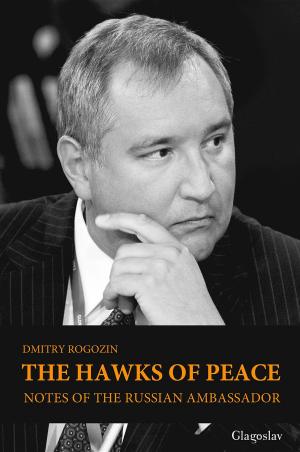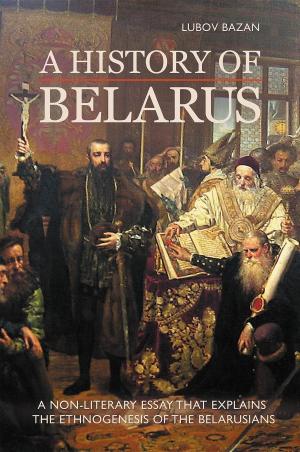| Author: | Maksym Rylsky | ISBN: | 9781911414438 |
| Publisher: | Glagoslav Publications B.V. | Publication: | May 25, 2017 |
| Imprint: | Glagoslav Publications B.V. | Language: | English |
| Author: | Maksym Rylsky |
| ISBN: | 9781911414438 |
| Publisher: | Glagoslav Publications B.V. |
| Publication: | May 25, 2017 |
| Imprint: | Glagoslav Publications B.V. |
| Language: | English |
Maksym Rylsky (1895-1964) is one of the most outstanding Ukrainian poets of the the 20th century and master of the genres of the modern sonnet and the long narrative poem. He was closely associated with the Neoclassicist group of Ukrainian poets, who employed traditional poetic forms with rhyme and meter, wrote in a clear and accessible contemporary idiom, and often referenced Ancient Greek and Roman mythology as well as numerous other authors from world literature in their poetry. Rylsky was also a prolific translator from English, French, German, and Polish as well as a folklore and literary scholar, who worked most of the earlier part of his life as a teacher of philology. He published his first book of poetry at the precocious age of fifteen—On White Islands in 1910. His other early books of poetry include* The Edge of the Forest: Idylls* (1918), Under Autumn Stars (1918), The Blue Distance (1922), Long Poems (1924), Through a Storm and Snow (1925), Beneath Autumn Stars (1926), Thirteenth Spring (1926), Where Roads Meet (1929), and Echo and Re-echo (1929). Rylsky gained considerable popularity among the Ukrainian reading public for his neo-romantic contemplative musings and intimate lyrical poetry that focused on love, life and nature. While his poetry was completely apolitical, at the end of the Ukrainian cultural renaissance in the 1920s that was crushed by Stalin, Rylsky was sternly rebuked in the state-controlled press for focusing on the personal and not writing in service to the state. In 1931 the Soviet secret police, the NKVD, arrested and publicly humiliated him. He was released in 1932 after he agreed to write in the style of socialist realism and was one of the few prominent Ukrainian writers to survive the Stalinist purges of the 1930s. During the wartime period he wrote two masterful long poems that deviated from socialist realism—“Thirst” (1942) and “Journey to Youth” (1941-4), for which he was again publicly chastised. In 1942 he became Director of the Institute of Fine Arts, Folklore and Ethnography in Kyiv, a post that he held until his death in 1964. The Institute now bears his name. He published some 30 collections of original poetry during his lifetime as well as numerous translations and scholarly works. By 1974 almost five million copies of his works in the original or in translation had appeared in the USSR. In his last two books—In the Shadow of the Lark (1961) and Winter Notes (1964) published during The Thaw, a period of relaxed censorship during the reign of Nikita Khrushchev, Rylsky’s poetic voice returned to the stature of his early poetry. This selected works edition includes poetry from virtually all of Rylsky’s early collections of poetry, with selection primarily based on esthetic principles; the powerful long poem “Thirst,” penned during the darkest days of World War II for Ukraine; and other poems from various periods of his life.
Maksym Rylsky (1895-1964) is one of the most outstanding Ukrainian poets of the the 20th century and master of the genres of the modern sonnet and the long narrative poem. He was closely associated with the Neoclassicist group of Ukrainian poets, who employed traditional poetic forms with rhyme and meter, wrote in a clear and accessible contemporary idiom, and often referenced Ancient Greek and Roman mythology as well as numerous other authors from world literature in their poetry. Rylsky was also a prolific translator from English, French, German, and Polish as well as a folklore and literary scholar, who worked most of the earlier part of his life as a teacher of philology. He published his first book of poetry at the precocious age of fifteen—On White Islands in 1910. His other early books of poetry include* The Edge of the Forest: Idylls* (1918), Under Autumn Stars (1918), The Blue Distance (1922), Long Poems (1924), Through a Storm and Snow (1925), Beneath Autumn Stars (1926), Thirteenth Spring (1926), Where Roads Meet (1929), and Echo and Re-echo (1929). Rylsky gained considerable popularity among the Ukrainian reading public for his neo-romantic contemplative musings and intimate lyrical poetry that focused on love, life and nature. While his poetry was completely apolitical, at the end of the Ukrainian cultural renaissance in the 1920s that was crushed by Stalin, Rylsky was sternly rebuked in the state-controlled press for focusing on the personal and not writing in service to the state. In 1931 the Soviet secret police, the NKVD, arrested and publicly humiliated him. He was released in 1932 after he agreed to write in the style of socialist realism and was one of the few prominent Ukrainian writers to survive the Stalinist purges of the 1930s. During the wartime period he wrote two masterful long poems that deviated from socialist realism—“Thirst” (1942) and “Journey to Youth” (1941-4), for which he was again publicly chastised. In 1942 he became Director of the Institute of Fine Arts, Folklore and Ethnography in Kyiv, a post that he held until his death in 1964. The Institute now bears his name. He published some 30 collections of original poetry during his lifetime as well as numerous translations and scholarly works. By 1974 almost five million copies of his works in the original or in translation had appeared in the USSR. In his last two books—In the Shadow of the Lark (1961) and Winter Notes (1964) published during The Thaw, a period of relaxed censorship during the reign of Nikita Khrushchev, Rylsky’s poetic voice returned to the stature of his early poetry. This selected works edition includes poetry from virtually all of Rylsky’s early collections of poetry, with selection primarily based on esthetic principles; the powerful long poem “Thirst,” penned during the darkest days of World War II for Ukraine; and other poems from various periods of his life.
